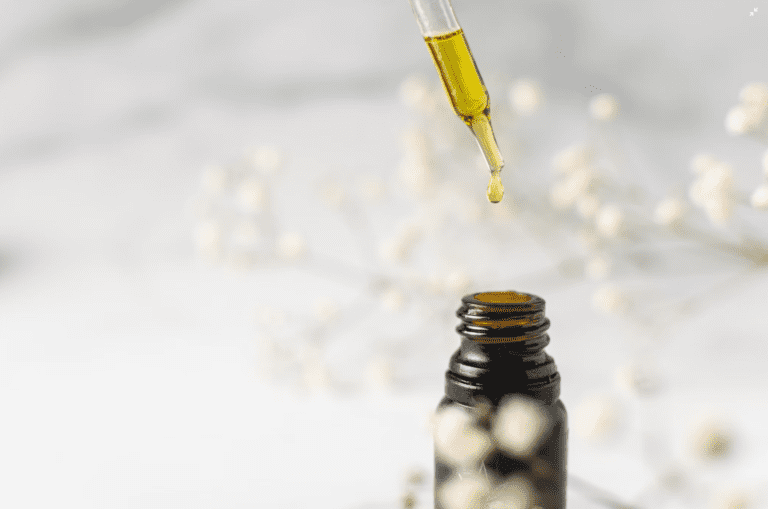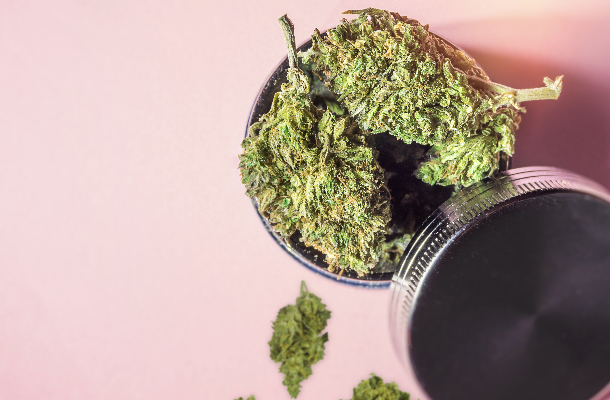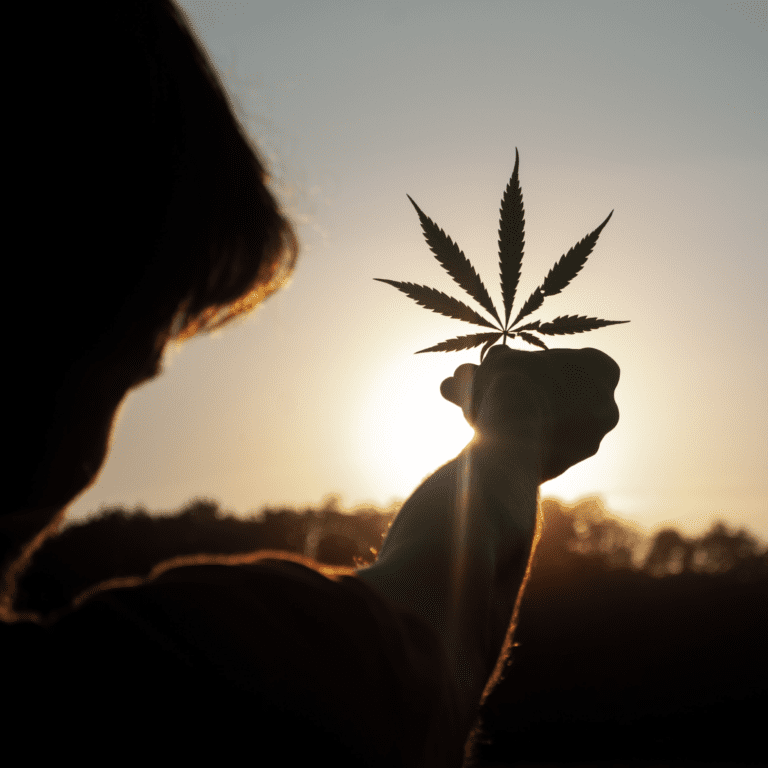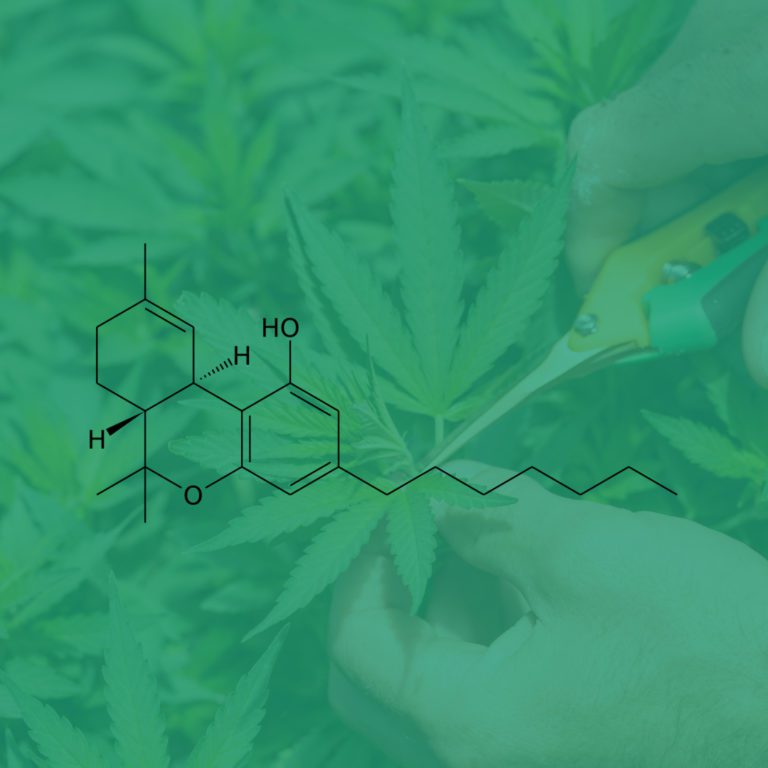What is the difference between Delta-8 THC and Delta-9 THC?
Delta-8 THC and delta-9 THC are two of the most commonly found cannabinoids in the cannabis plant. Both compounds are psychoactive and are known to produce a range of effects when consumed, including a feeling of euphoria, relaxation, and altered perception. However, there are some notable differences between the two compounds that are worth exploring.
One of the primary differences between delta-8 THC and delta-9 THC is their chemical structure. Delta-8 THC is a isomer of delta-9 THC, which means that it has a similar chemical structure but with a few key differences. The most significant difference is the placement of a double bond in the molecular structure, which occurs at the eighth carbon atom in delta-8 THC and at the ninth carbon atom in delta-9 THC. This small difference in chemical structure can result in significant differences in the way the two compounds interact with the human body.
Another difference between delta-8 THC and delta-9 THC is their psychoactive effects. Delta-9 THC is the more well-known and more potent of the two compounds, and it is typically responsible for the majority of the psychoactive effects associated with cannabis. Delta-8 THC, on the other hand, is generally considered to be less psychoactive than delta-9 THC, with some users reporting a more subtle and mellow high.
Delta-8 THC is also believed to have some potential therapeutic benefits that are different from those of delta-9 THC. For example, some studies have suggested that delta-8 THC may have anti-anxiety and anti-nausea effects, which could make it useful in the treatment of certain medical conditions. However, it is worth noting that research on the therapeutic potential of delta-8 THC is still in its early stages,and more studies are needed to fully understand the possible benefits of this compound.
One of the other key differences between delta-8 THC and delta-9 THC is their availability and legality. Delta-9 THC is the more well-known of the two compounds and is the primary psychoactive compound found in cannabis. As a result, it is the compound that is most closely regulated by the government and is illegal in many parts of the world.
Delta-8 THC, on the other hand, is less well-known and is found in smaller quantities in the cannabis plant. It is also less tightly regulated than delta-9 THC, and it is legal in many parts of the world where cannabis is not. However, it is worth noting that the legal status of delta-8 THC can vary widely depending on where you are, and it is always important to be aware of the local laws and regulations regarding cannabis and its derivatives.
In summary, delta-8 THC and delta-9 THC are two closely related compounds that are found in the cannabis plant. While they have some similarities, they also have some significant differences, including their chemical structure, psychoactive effects, and potential therapeutic benefits. Delta-9 THC is the more well-known and more potent of the two compounds, and it is typically responsible for the majority of the psychoactive effects associated with cannabis. Delta-8 THC, on the other hand, is generally considered to be less psychoactive and may have some unique therapeutic benefits. However, more research is needed to fully understand the possible benefits and risks of both compounds.






